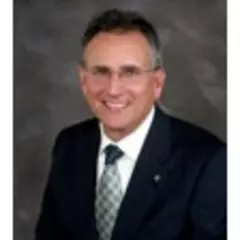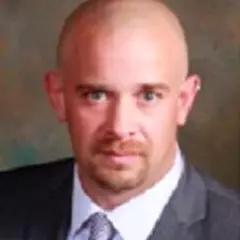Maxwell Hiltner
Hiltner Trial Lawyers
I play to win.
Before becoming a lawyer, I planned to be a professional athlete. I went to college on a full athletic scholarship for soccer and track, and didn’t have a particular interest in my studies.
I wanted to compete with the best and be the best.
The first time in my life that I wasn’t competing athletically coincided with my second year of law school, when I took my first trial advocacy class — and something clicked.
I discovered that playing sports and going to trial were a lot alike: they both took a tremendous amount of focus, preparation, endurance, and heart.
When I stood in a courtroom, I felt the same rush that I felt scoring a goal or making my last lap around the track. I felt unstoppable. I felt alive.
And I knew I didn’t want to give it up.
For most lawyers, it’s all about the money. And it could have been for me, too: I landed a cushy, high-paying job right out of law school defending insurance companies from individual claims.
But I realized almost immediately that my heart wasn’t in it.
The job, as comfortable as it was, lacked the rush. And instead of helping people fight their cases in front of juries as a great trial lawyer, I was doing research all day and representing nameless entities I had never even met.
So I quit and decided to start my own firm where I could work exclusively towards becoming the best trial lawyer I could be: a goal I still strive for every single day.
Because the thing about being the best is that you don’t ever stop working for it.
You don’t get complacent.
And you never lose focus.
The singular focus of my firm is that people shouldn't be defined by one mistake.
I’ve made plenty of mistakes that I look back on now with remorse. And most of the people I represent are in a similar position, but there’s always more to their story, and sometimes they’re even falsely accused.
I look at it this way: we’re all one mistake away from altering the rest of our lives.
That’s why all of my clients are entitled 24/7 access to me and my staff — including my personal cell number.
I reverse roles with my clients. I try to imagine what it’s like to be in their shoes. And when I tell my clients’ stories to a judge or jury, the rush that I get isn’t just from the thrill of the competition: it’s from knowing that I’m helping someone get their life back.




